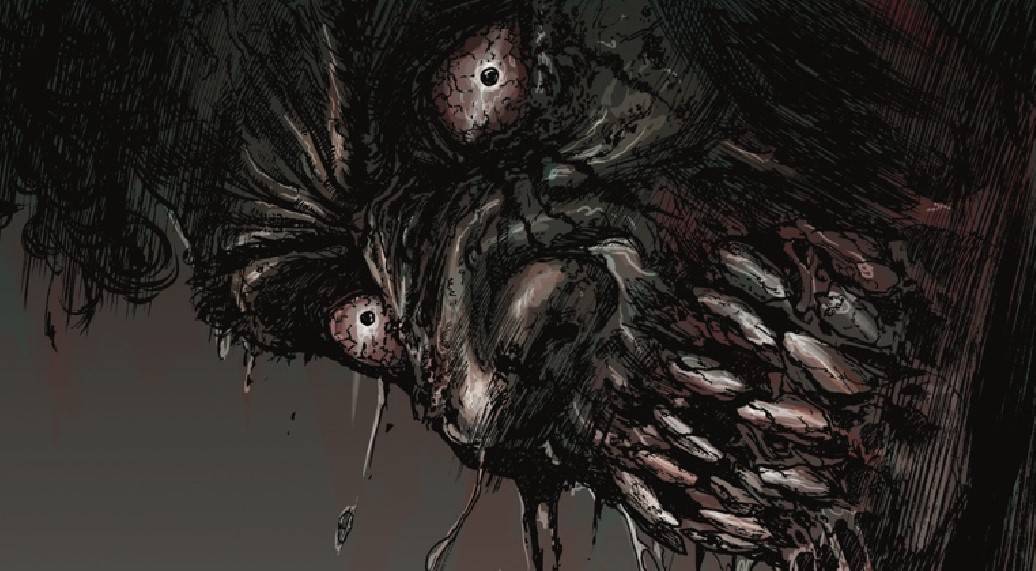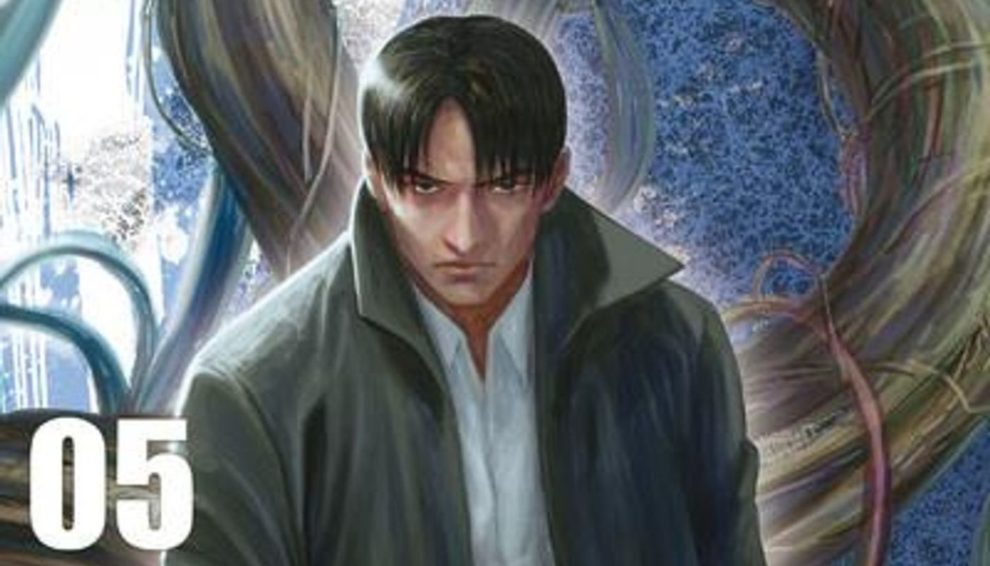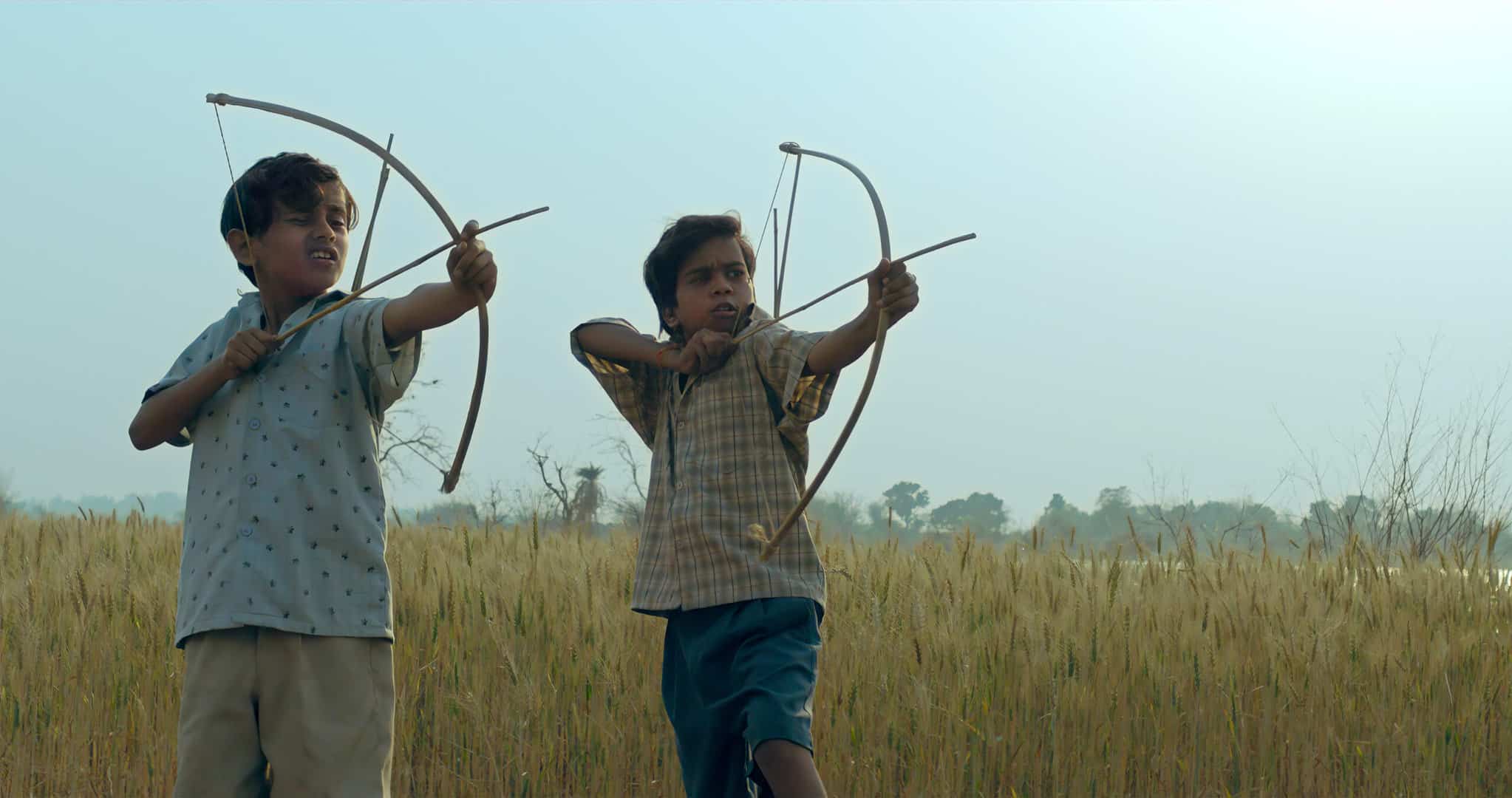“Amid accusations of biological warfare and conspiracy, the world's political leaders clash over how best to handle the wolf virus crisis, even as new attacks hit major cities around the globe. Much of the Wolves' activity is centered in Turkey, where humanity's long history of conflict with the Wolves first began. As the final confrontation with the Wolf King draws near, Teze and his fellow Children of Saturday turn to the past for answers and understanding—anything that will give mankind a hope of surviving the destructive bloodlust of the Wolves!” (Yen Press)
Buy This Title
“King of Eden” comes to an end in this third volume omnibus, a wild journey that started as a contained outbreak in a small village escalating to a global crisis that cast the entire globe into chaos. Globetrotting and touching on aspects of politics, anthropology horror and terrorism is certainly an arduous task that could falter under a less studious author, but thankfully, Takashi Nagaski ties everything together to end the series on a strong note.
While volume two acted more as a reprise from violence to assess the global conflict, the last entry delves into the way against the wolf virus and the catastrophe which threatens to wipe out the human race. Keeping to its emphasis on historical significance and using location and figures to define its lore, the last battle takes place across Istanbul and Bucharest to have Teze face the Vlad the Impaler before parting towards the holy land to fulfill his destiny. In addition, the politics behind the spread of the virus really heats up as the three largest powers China, USA and Russia are put under scrutiny for their actions in front of the UN. Overall, the book's divulgence in global issues and cultural studies emerges as one of the more fascinating aspects of the series throughout.

The action oriented sequences highlight Ignito's artistic skill and gives the fans of the previous volumes a nice final showing of his ability to capture chaos. Undeniably, the streets of Istanbul at war leave a strong visual presence but the biggest draw is the final battle with the ‘Wolf King', a duel which has been teased since the beginning of the series. Overall, Ignito's art, which has been a consistent draw of the title, it at its best within this final entry.

Admittedly, the series is somewhat hampered by its scope and could hold limited appeal among horror fans. Essentially, the horror label acts as the simplest way to categorize the work but the focus on politics and history leans heavy into drama. This alone could detract those who are used to the more fast pace narrative works that dominate popular horror manga at the moment. Ultimately, “King Of Eden” is a title that demands patience but one that pays off for those willing to immerse themselves in the work.
Having listed this title as one of my favorite manga releases of 2020 I am elated that the series ended on such a strong note. Consequently, I am excited to go back and read the story from start to finish as each gap between release was felt and did challenge my memory, understandable with such a large cast. As it stands, “King of Eden” is one of the more cherished long running series I have come across, and I am certain that this sentiment will reflect in other horror manga fans.















